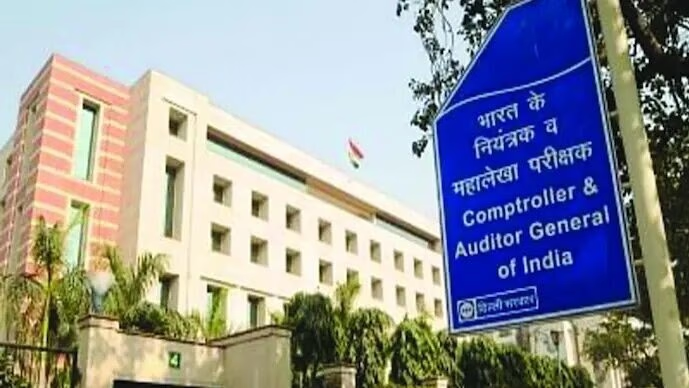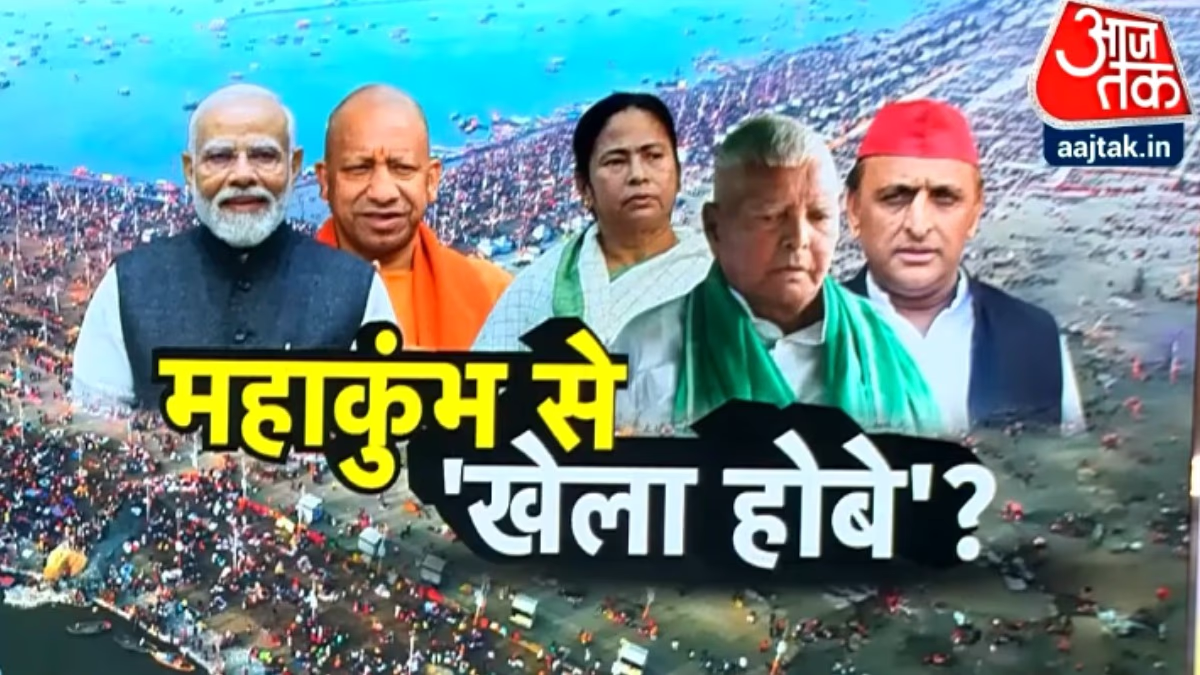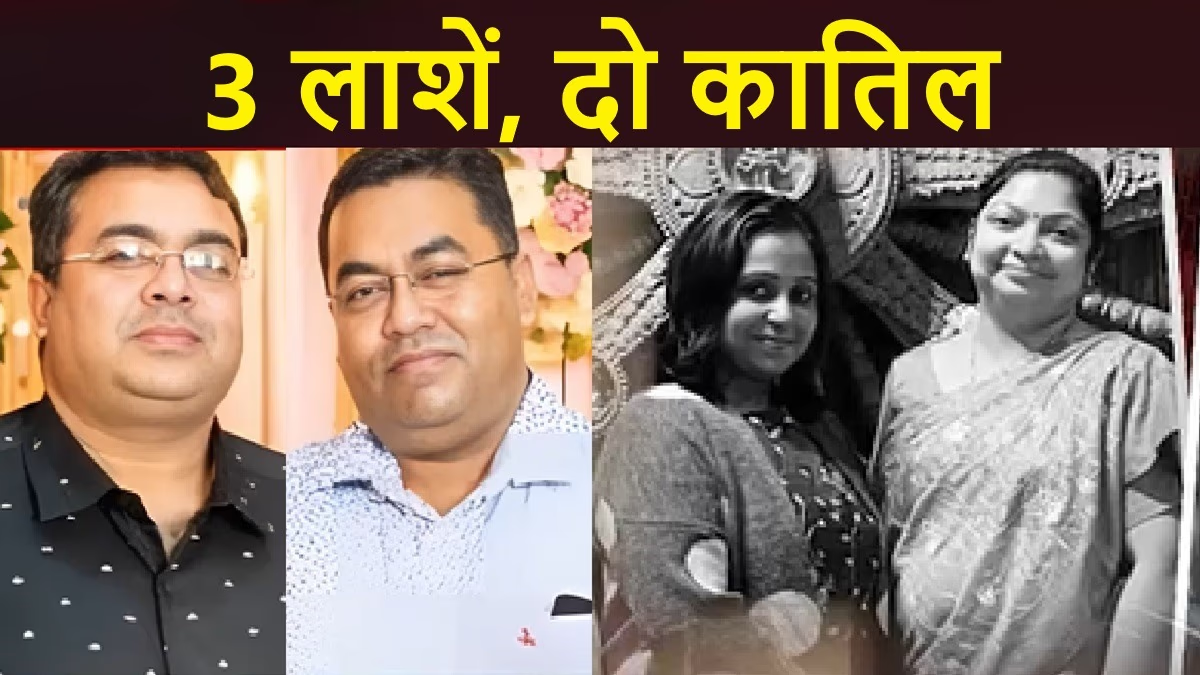The Delhi High Court has made stern remarks about the Aam Aadmi Party's government delaying presenting the Comptroller and Auditor General (CAG) reports in the Delhi Assembly. For the AAP government, which was previously questioned in debates about these reports, answering these queries has now become significantly complicated. The BJP, until now restrained in arguments, will likely gain momentum following the remarks. This High Court comment may embolden the opposition, claiming the Delhi government's moral authority to rule has waned. Conversely, AAP accuses the BJP of fabricating baseless stories around the CAG reports.
1- Challenging High Court Inquiries Demand Responses
A petition by Leader of Opposition Vijender Gupta and six BJP MLAs demanded the submission of 14 CAG reports. The Delhi High Court scrutinized why they weren’t presented timely, raising credibility concerns about the government. Justice Sachin Datta emphasized that the report should have been submitted promptly for legislative discussion, describing the delay as unfortunate.
This situation is challenging for AAP in media debates, echoing the High Court's remarks repeatedly. Previously, AAP's spokespersons managed to dodge inquiries, but continuing this strategy appears difficult.
2- AAP's Justifications Under Scrutiny
Two days ago, AAP's national spokesperson Priyanka Kakkar questioned which CAG report everyone was referring to, as neither the Chief Minister had seen it nor was it available on the CAG's website. She accused BJP of producing fabricated papers in their office to fool the public. However, following the High Court's demands for the reports, AAP altered their stance, promising to table the reports during the next assembly session, dismissing BJP’s documents as fake.
Senior advocate Mahesh Jethmalani, representing the petitioners, insisted that if there is nothing to hide, the government should willingly present the reports per constitutional provisions, emphasizing that these 14 CAG reports concern public resources.
Citing the GNCTD Act and CAG Act, Jethmalani criticized the prolonged non-presentation of eight reports since 2023 as a constitutional breach.
4- BJP Intensifies Pressure Amidst Elections
Delhi BJP President Virendra Sachdeva accused the Kejriwal-Atishi government of withholding over 12 CAG reports since 2023, including one on Sheesh Mahal. Despite repeated requests from BJP MLAs for their presentation, fear of corrupt activities being exposed has, according to him, driven the government to remain unyielding.
AAP rebuts, claiming the reports were sent to the Assembly Speaker for the next session, and denies any further involvement. They accuse BJP of misleading the public with fictitious stories, being crafted within their headquarters. In Indian politics, assembly speakers, often members of the ruling party, supposedly support the government, making the delayed report presentation a controversial tactic. However, the ultimate decision in February will reveal this report's significance.
4- CAG Reports Have Historically Toppled Governments
CAG reports have historically caused political storms in India. The downfall of UPA 2 is often attributed to CAG's exposé, notably the 2010 report on the 2G spectrum allocation scandal, causing a massive financial loss to the government and its eventual decline in 2014 elections. Other significant cases, including the Commonwealth and coal controversies, have also surfaced in CAG reports. They have even been instrumental in the political removal of Gujarat's Keshu Bhai Patel.




